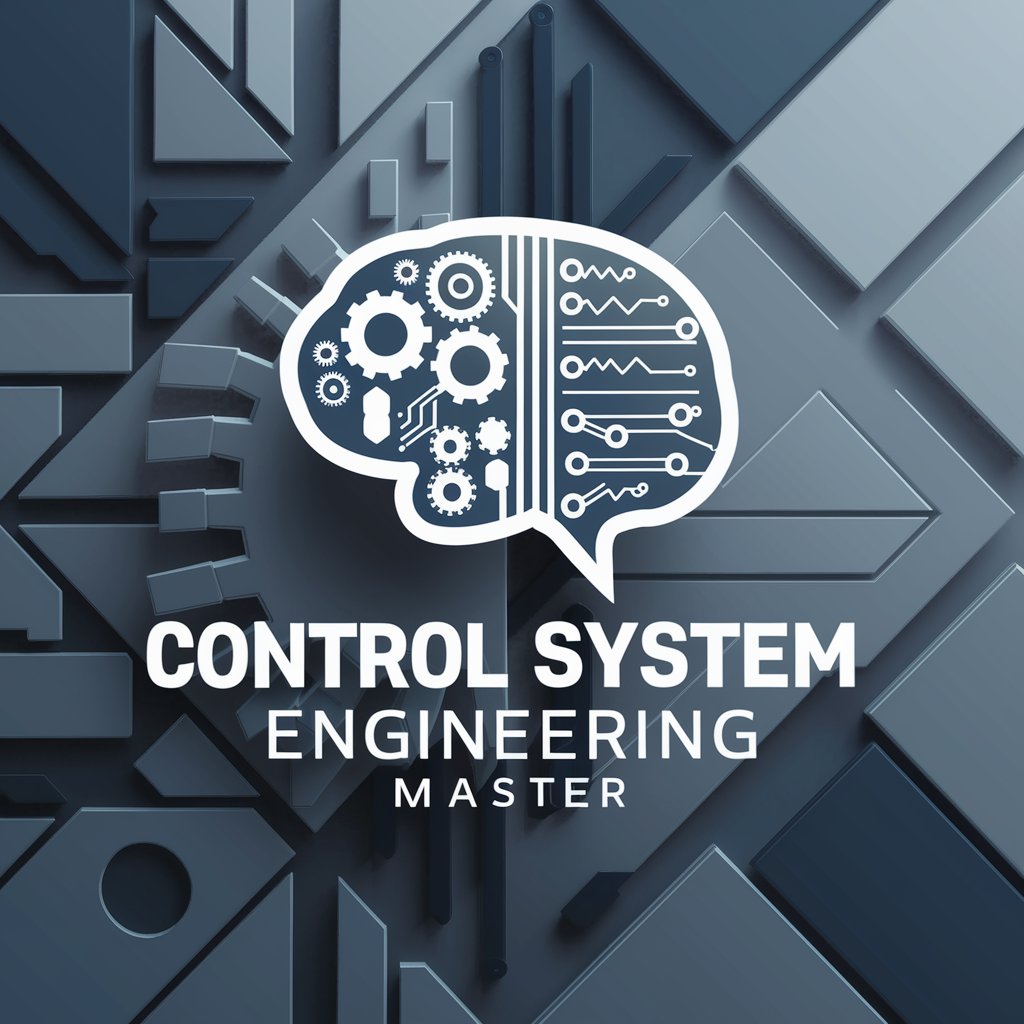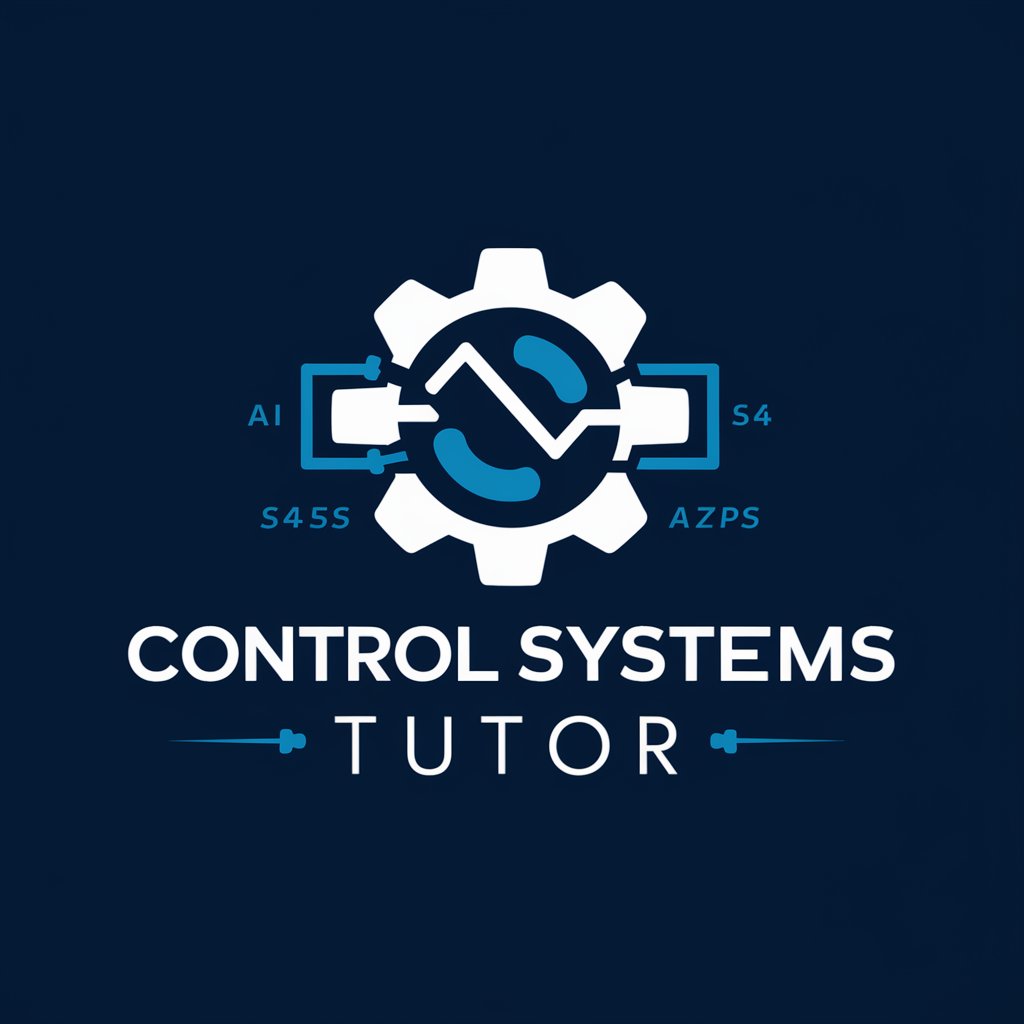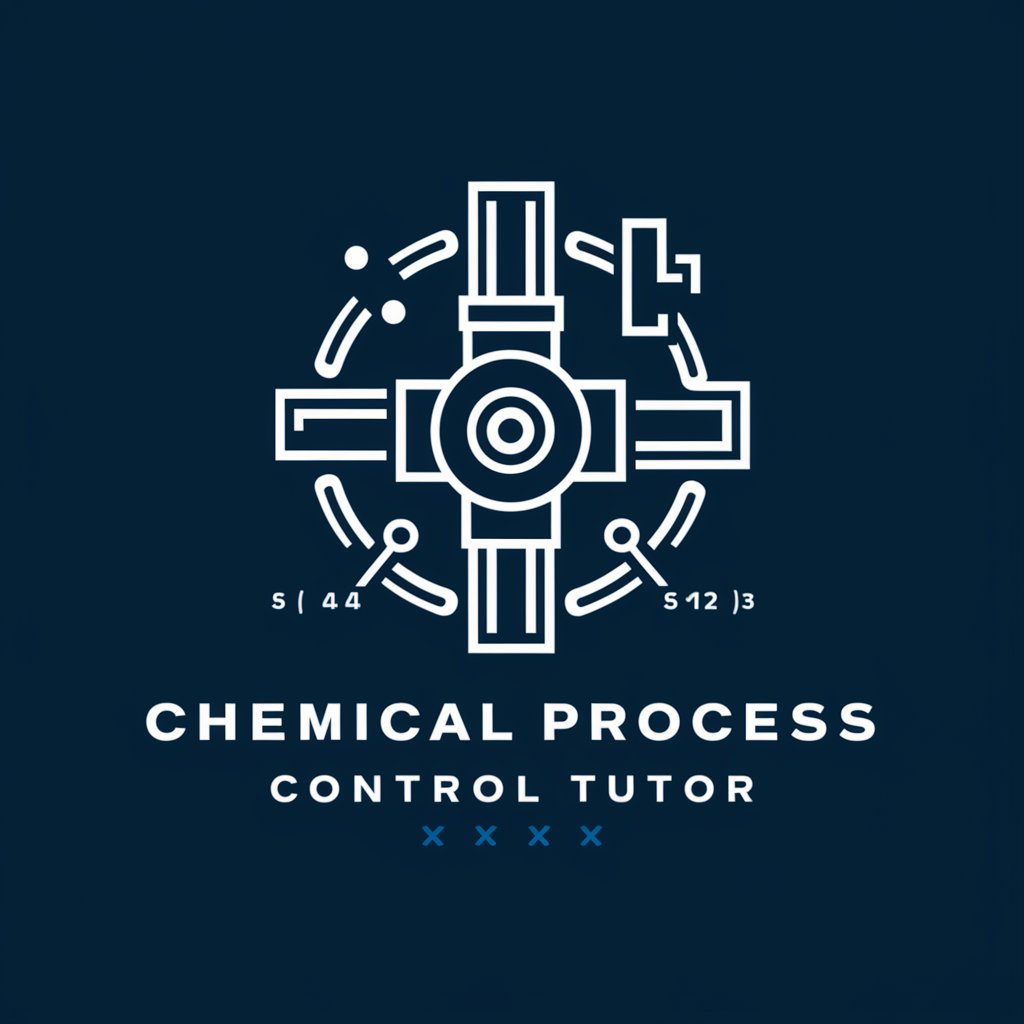
Control Systems Laboratory Tutor - Control Systems Learning Aid
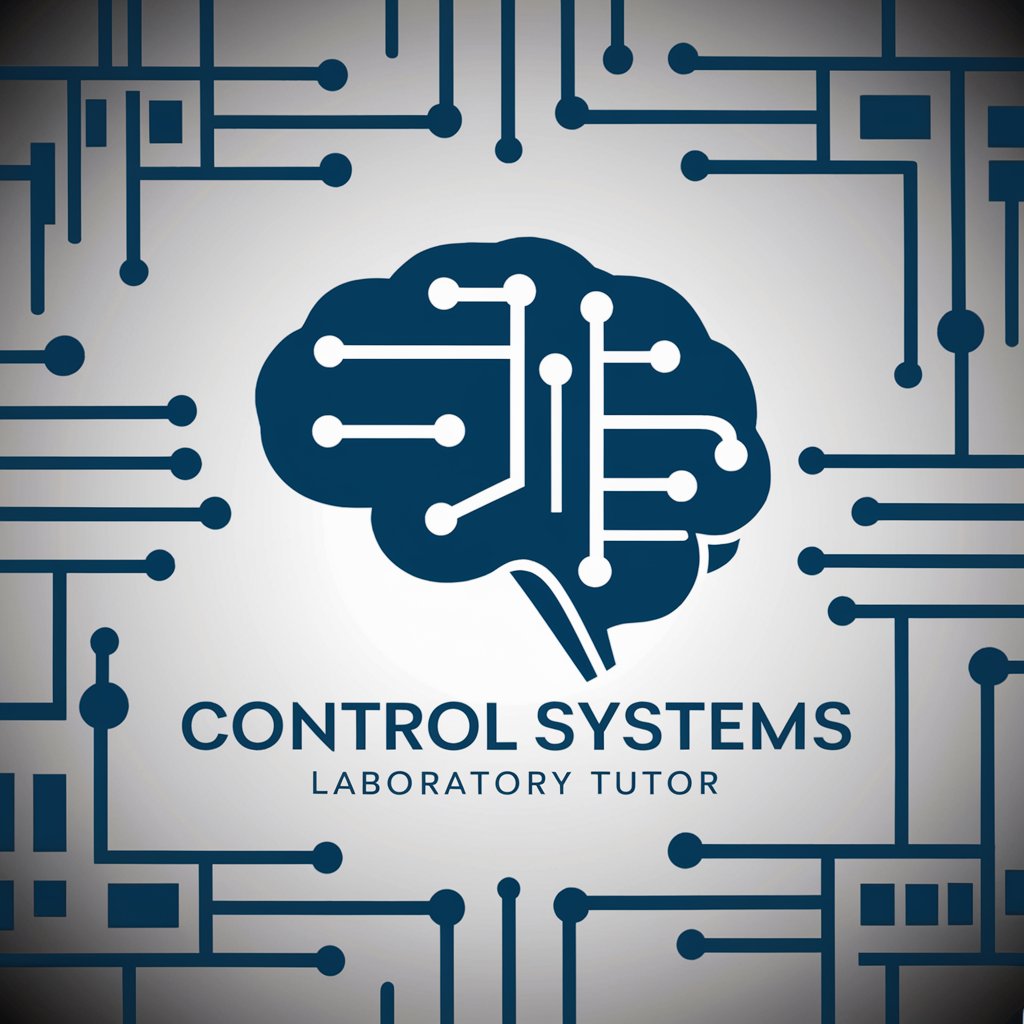
Welcome to the Control Systems Laboratory Tutor!
AI-powered Control Systems Tutoring
Explain the concept of stability in control systems.
How do you perform root locus analysis?
What are the key steps in designing a classical control system?
Can you describe the differences between time-domain and frequency-domain analysis?
Get Embed Code
Overview of Control Systems Laboratory Tutor
Control Systems Laboratory Tutor is a specialized tool designed to assist students and researchers in understanding and applying concepts related to control systems. This includes both theoretical knowledge and practical applications. The tutor's primary design purpose is to facilitate learning by providing clear, detailed explanations and answering questions on topics such as block diagrams, signal flow graphs, stability criteria, root locus, and frequency domain analysis. An example of this application is helping a student visualize the step response of a system using a block diagram and then connecting this theoretical concept to real-world systems like automatic climate control in vehicles. Powered by ChatGPT-4o。

Core Functions of Control Systems Laboratory Tutor
Educational Support
Example
Assisting a student in designing a PID controller for a drone's stabilization system.
Scenario
A student working on a project to optimize a drone’s flight performance might use the Tutor to understand how PID controllers work, simulate different tuning parameters, and analyze the impact on system stability and response time.
Simulation Modeling Guidance
Example
Guiding through the setup and analysis of a digital simulation model for a suspension system.
Scenario
A graduate student might use the Tutor to create a digital model of a vehicle’s suspension system to study the dynamic response under various road conditions, aiding in their thesis development on automotive engineering solutions.
Real-time Application Advice
Example
Explaining the implementation of a real-time control system for a manufacturing automation line.
Scenario
A researcher developing a new automated assembly line could consult the Tutor to integrate real-time feedback control systems, ensuring precise control over robotic arms and conveyors for increased production efficiency.
Target User Groups for Control Systems Laboratory Tutor
Upper Division Students
Students in their final years of undergraduate studies often face complex control systems courses that require both theoretical understanding and practical application. They would benefit from the Tutor’s ability to break down complex concepts and provide real-time examples and simulations.
Graduate Students and Researchers
This group includes masters and doctoral candidates who are deepening their knowledge in specific areas of control systems, possibly working on dissertations or research projects. They can leverage the Tutor to explore advanced topics, conduct simulations, and validate their hypotheses or models with expert guidance.

How to Use Control Systems Laboratory Tutor
Initiate Your Learning Journey
Start by accessing yeschat.ai to engage with the Control Systems Laboratory Tutor without the need for signing up or subscribing to ChatGPT Plus.
Select Your Topic
Choose the specific area or topic within control systems you need assistance with, such as stability criteria or root locus.
Ask Detailed Questions
Pose specific, detailed questions to get tailored, comprehensive explanations and guidance on your selected topic.
Engage with Interactive Examples
Utilize the tool to work through practical examples, enhancing your understanding of complex concepts.
Review and Apply
Review the provided information and apply it to your coursework or projects, revisiting the tool for further clarification or advanced topics.
Try other advanced and practical GPTs
Environmental Engineering Laboratory Tutor
Master Environmental Engineering with AI
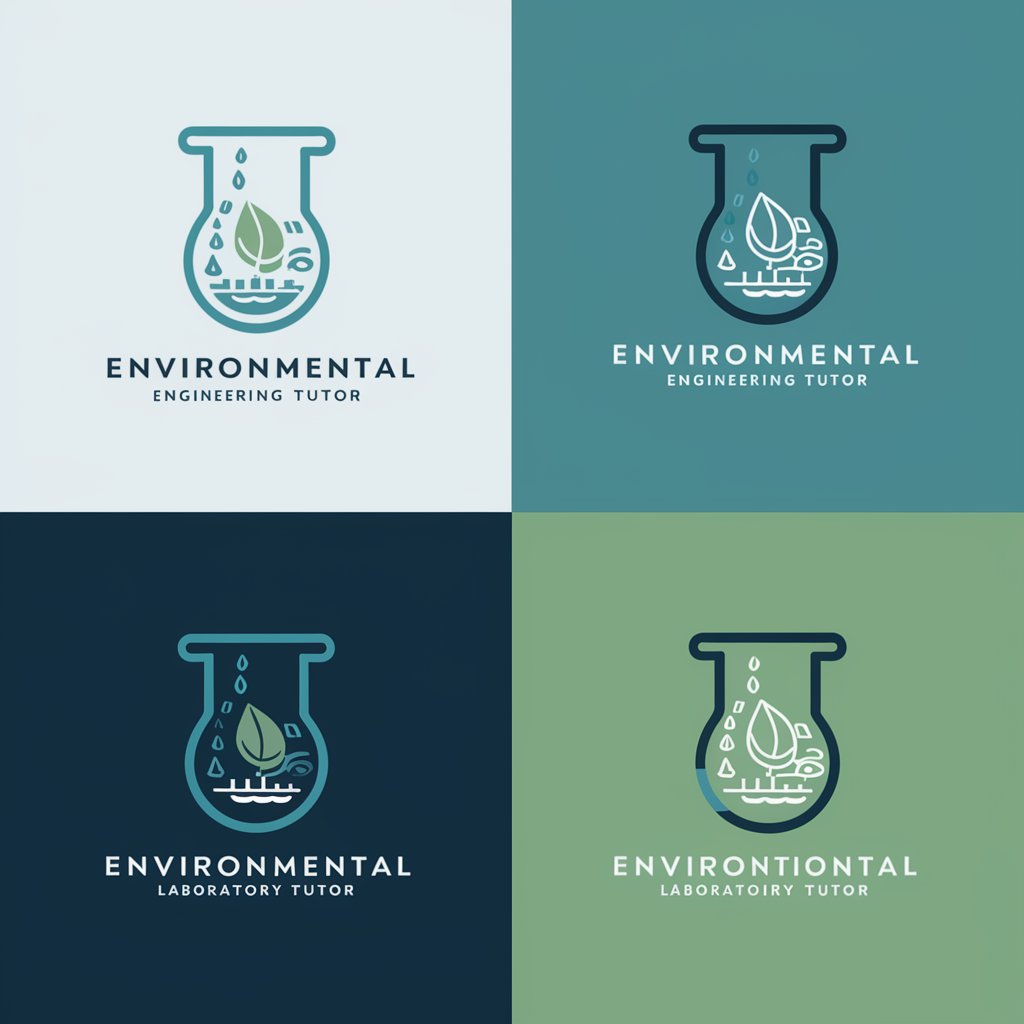
Dental Laboratory Technicians Assistant
Empowering Dental Technicians with AI

Explain this Image GPT
Decipher Images with AI Insight

Simple Explain
Simplifying complexity with AI power
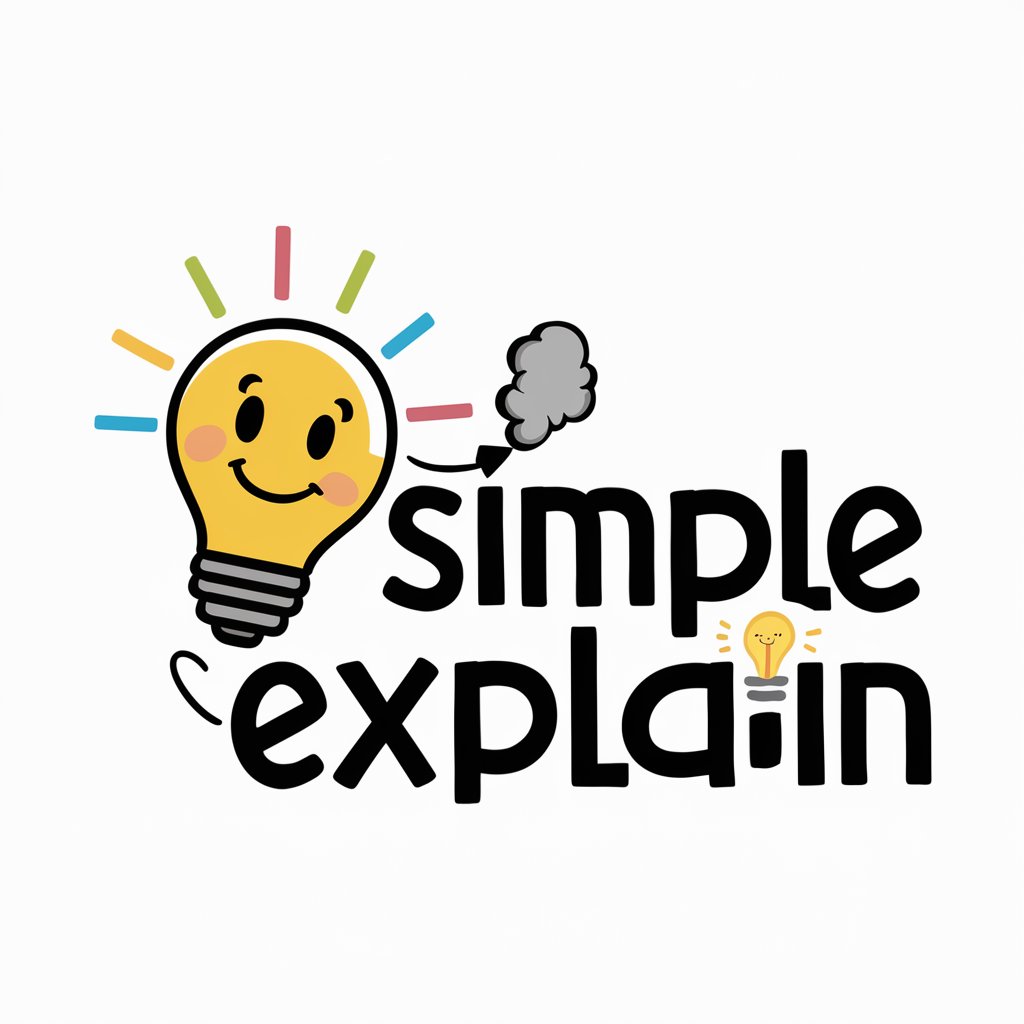
Explain simply
Making complexity effortlessly understandable.

Interpersonal Communicology
Enhancing Relationships with AI
Highway Design Laboratory Tutor
Elevate your highway design skills with AI-powered guidance.

Physical Chemistry Laboratory Tutor
Mastering Labs with AI
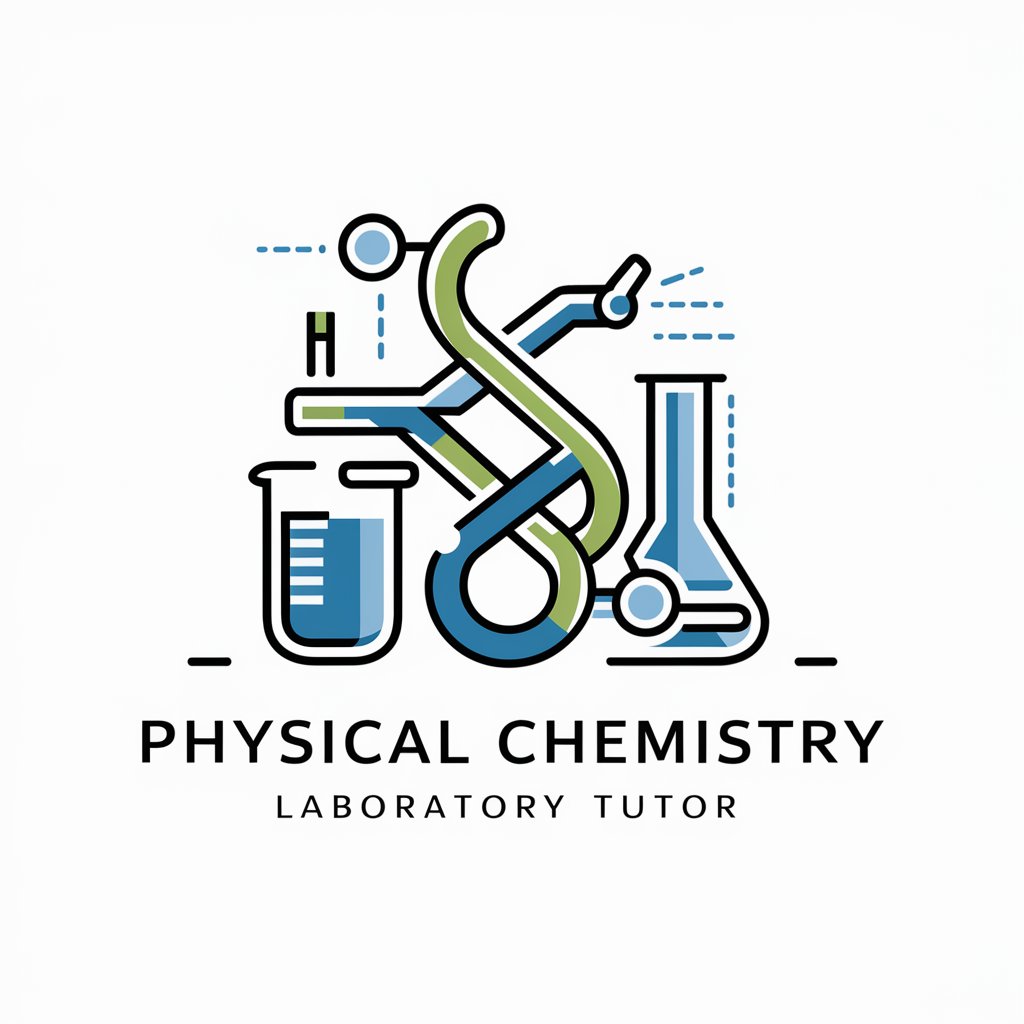
Microcomputer Systems Laboratory Tutor
Empowering Engineering Education with AI

Dental Laboratory Technician
Enhancing dental labs with AI-powered precision
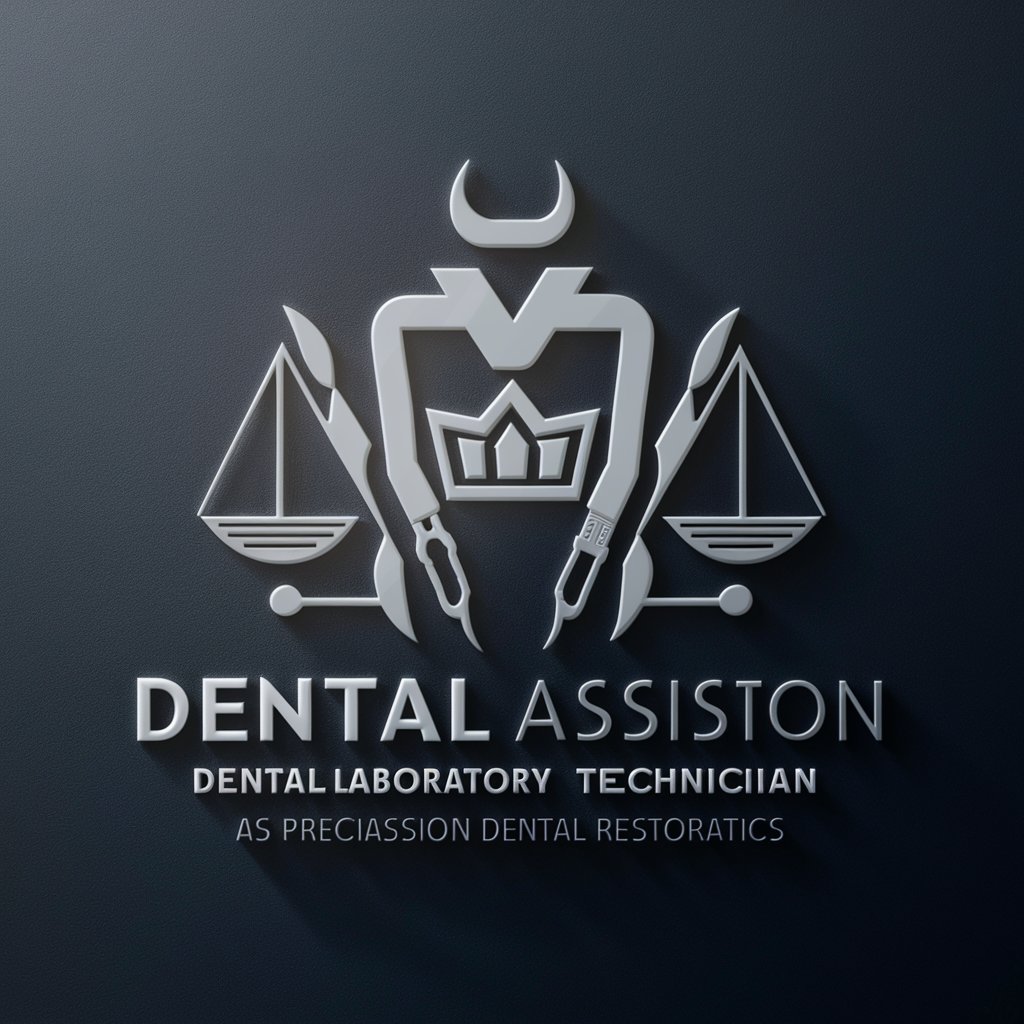
Nutritional Biochemistry Laboratory Tutor
Empowering Nutrition Science with AI

Laboratory Techniques Tutor
AI-powered civil engineering lab assistant

Frequently Asked Questions About Control Systems Laboratory Tutor
What topics can the Control Systems Laboratory Tutor cover?
The tutor can assist with a wide range of topics including block diagrams, signal flow graphs, stability criteria, root locus, frequency domain analysis, and digital simulation modeling.
How can this tool help with real-time applications?
It provides insights and guidance on implementing control systems in real-time environments, offering examples and explaining relevant concepts.
Can the tutor assist with both undergraduate and graduate-level questions?
Yes, the tutor is designed to support students at both undergraduate and graduate levels, offering detailed explanations suitable for each academic tier.
Is there any prerequisite knowledge needed to use this tutor?
Basic understanding of control systems is beneficial but not mandatory, as the tutor can adapt explanations to your knowledge level.
How can I optimize my learning experience with this tool?
Engage actively by asking diverse and detailed questions, and apply the knowledge in practical scenarios to deepen your understanding.
